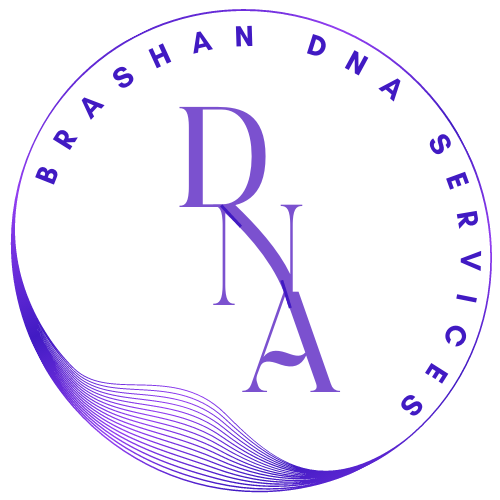Knowing something gives you power, and DNA testing provides the knowledge. The result of a DNA test responses to what is typically a crucial question: who am I? Do I own this child? My father, who is he? What is my origin?
You can get a lot of information from a parentage test. For example, it might confirm that two brothers are half or full siblings. Parentage can be verified biologically with a DNA test. The at-home paternity DNA test establishes whether an “alleged” father is the child’s biological father. This is worthless if a man has concerns about the loyalty of his spouse or the birth of a previously unidentified “kid” LEARN MORE
DNA testing can give information about an individual’s health. It can reveal a person has inherited DNA disorders. Before the first symptom manifests, DNA testing can anticipate the diagnosis of an inherited disease. This provides a crucial time to look for assistance and get ready for the sickness when it manifests.
Individuals with inherited faulty genes are urged by genetic testing to carefully select their partners. As a result, no one will inherit the problematic gene in future generations. For instance, a male who is aware of his defective allele will take precautions to avoid mating with a woman who also carries the defective gene. This is due to the possibility of fully developed disease caused by two defective alleles for the same trait.
Prospective parents with defective genes can evaluate a pregnancy prior to delivery to see if their unborn child is at risk of developing a disorder that members of their family have. Potential parents use this information to decide whether or keep the pregnancy or abort it.
DNA testing is non-invasive because only cheek swap samples are used. However, prenatal testing uses blood samples from the pregnant woman.

